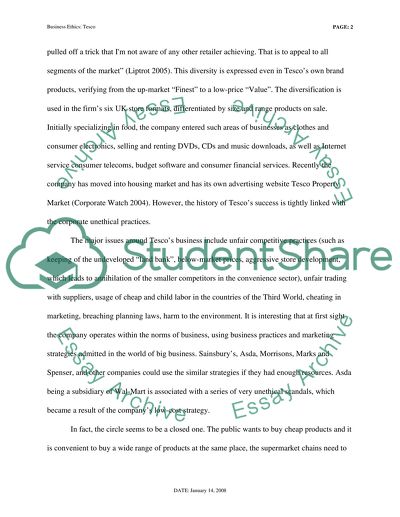Cite this document
(“BUSINESS ETHICS Essay Example | Topics and Well Written Essays - 2500 words”, n.d.)
Retrieved from https://studentshare.org/miscellaneous/1544024-business-ethics
Retrieved from https://studentshare.org/miscellaneous/1544024-business-ethics
(BUSINESS ETHICS Essay Example | Topics and Well Written Essays - 2500 Words)
https://studentshare.org/miscellaneous/1544024-business-ethics.
https://studentshare.org/miscellaneous/1544024-business-ethics.
“BUSINESS ETHICS Essay Example | Topics and Well Written Essays - 2500 Words”, n.d. https://studentshare.org/miscellaneous/1544024-business-ethics.


